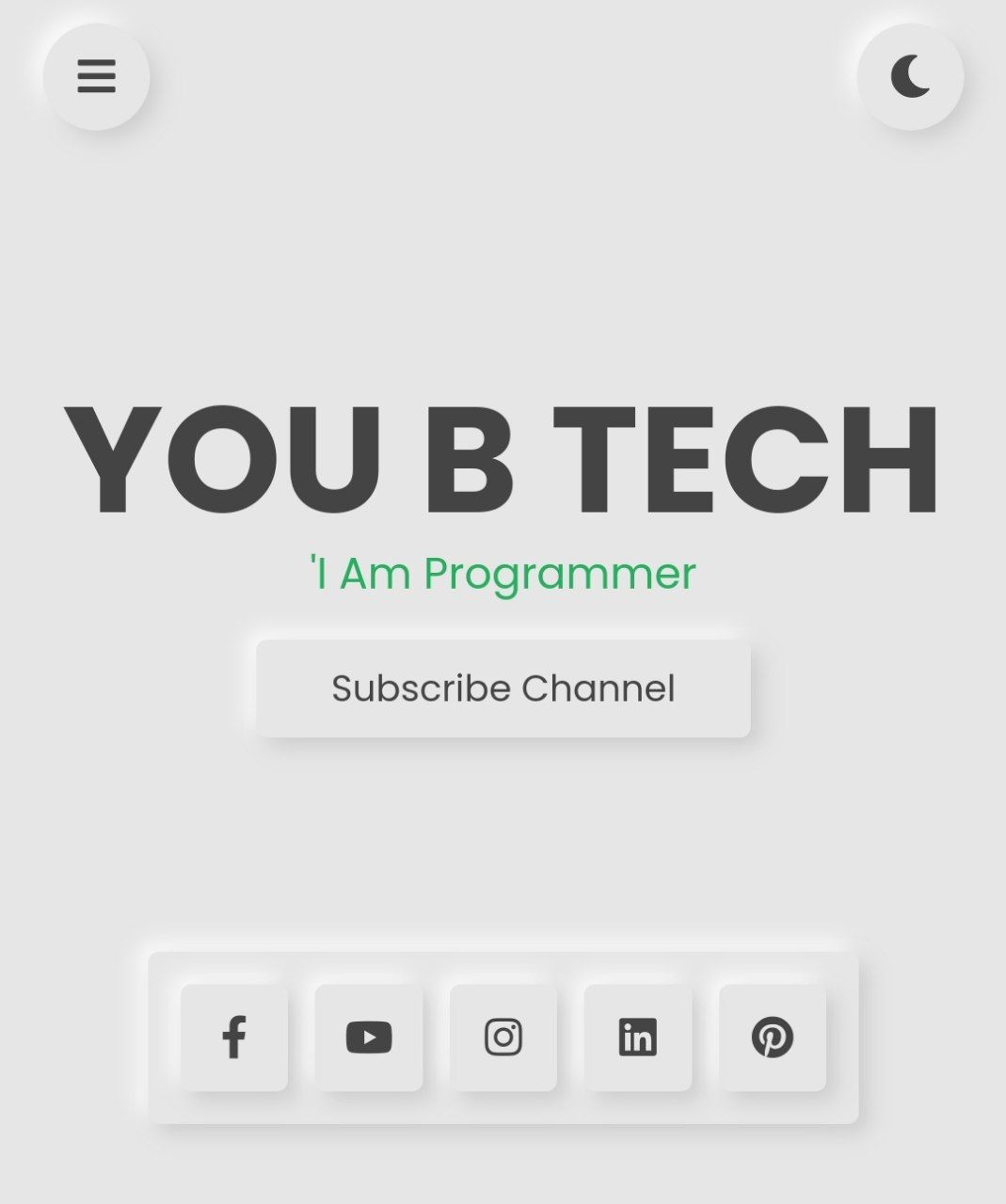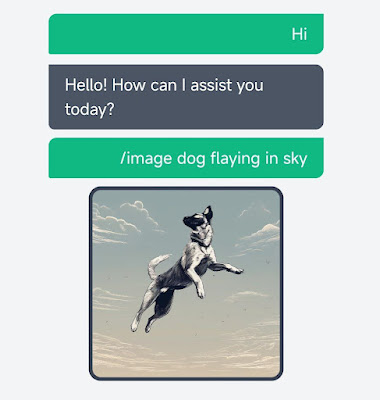Learning Coding: A Comprehensive Guide to Acquiring Programming Skills
Coding has become an essential skill in today's digital world. Whether you're interested in pursuing a career in technology, building your own projects, or simply understanding the technical aspects of our increasingly digital lives, learning how to code can be a valuable and rewarding endeavor. In this article, we will provide a comprehensive guide to help you get started on your coding journey. From choosing a programming language to finding resources, establishing effective learning habits, and mastering advanced concepts, we'll cover all the essential steps to become a proficient coder.
Table of Contents:
1. Understanding the Basics
- What is coding and why is it important?
- The benefits of learning to code
- Debunking common coding misconceptions
2. Choosing a Programming Language
- Popular programming languages for beginners
- Factors to consider when selecting a language
- Recommended programming languages for specific goals
3. Setting Up Your Development Environment
- Installing code editors and integrated development environments (IDEs)
- Configuring a comfortable coding environment
- Exploring developer tools and libraries relevant to your chosen language
4. Learning Fundamentals
- Basic programming concepts (variables, loops, conditionals)
- Data structures and algorithms
- Object-oriented programming (OOP) principles
5. Structured Learning Resources
- Online coding tutorials and courses
- Interactive coding platforms
- Textbooks and reference materials
6. Practicing with Projects
- The significance of hands-on coding projects
- Creating small projects to reinforce learning
- Contributing to open-source projects and collaborating with others
7. Collaborating and Seeking Support
- Joining coding communities and forums
- Participating in coding bootcamps or meetups
- Seeking mentorship and guidance
8. Cultivating Effective Learning Habits
- Establishing a consistent coding routine
- Embracing a growth mindset for continuous improvement
- Balancing theory with practical application
9. Troubleshooting and Debugging
- Common coding errors and debugging techniques
- Utilizing debugging tools and error messages effectively
- Engaging in a systematic problem-solving approach
10. Mastering Advanced Concepts
- Advanced data structures and algorithms
- Web development frameworks and libraries
- Mobile app development and other specialized areas
11. Building a Portfolio and Showcasing Your Skills
- The importance of a coding portfolio
- Creating projects to demonstrate your abilities
- Utilizing platforms and creating a personal website to showcase your work
12. Embracing Lifelong Learning
- Staying updated on programming languages and frameworks
- Exploring new technologies and trends
- Engaging in continuous learning through side projects and exploring new domains
Conclusion:
Learning how to code is an ongoing, ever-evolving process that offers a wealth of opportunities for personal and professional growth. By understanding the basics, selecting an appropriate programming language, setting up a conducive learning environment, and utilizing structured resources, you can lay a strong foundation. Practicing coding through projects, seeking support from communities, developing effective learning habits, troubleshooting and debugging, mastering advanced concepts, showcasing your skills, and embracing lifelong learning will help you progress and become a proficient coder. Remember that coding is not just about solving problems but also about nurturing creativity, critical thinking, and adaptability. Embrace the journey, stay motivated, and enjoy the exciting world of coding! Happy coding!
Table of Contents:
1. Understanding the Basics
- What is coding and why is it important?
- The benefits of learning to code
- Debunking common coding misconceptions
2. Choosing a Programming Language
- Popular programming languages for beginners
- Factors to consider when selecting a language
- Recommended programming languages for specific goals
3. Setting Up Your Development Environment
- Installing code editors and integrated development environments (IDEs)
- Configuring a comfortable coding environment
- Exploring developer tools and libraries relevant to your chosen language
4. Learning Fundamentals
- Basic programming concepts (variables, loops, conditionals)
- Data structures and algorithms
- Object-oriented programming (OOP) principles
5. Structured Learning Resources
- Online coding tutorials and courses
- Interactive coding platforms
- Textbooks and reference materials
6. Practicing with Projects
- The significance of hands-on coding projects
- Creating small projects to reinforce learning
- Contributing to open-source projects and collaborating with others
7. Collaborating and Seeking Support
- Joining coding communities and forums
- Participating in coding bootcamps or meetups
- Seeking mentorship and guidance
8. Cultivating Effective Learning Habits
- Establishing a consistent coding routine
- Embracing a growth mindset for continuous improvement
- Balancing theory with practical application
9. Troubleshooting and Debugging
- Common coding errors and debugging techniques
- Utilizing debugging tools and error messages effectively
- Engaging in a systematic problem-solving approach
10. Mastering Advanced Concepts
- Advanced data structures and algorithms
- Web development frameworks and libraries
- Mobile app development and other specialized areas
11. Building a Portfolio and Showcasing Your Skills
- The importance of a coding portfolio
- Creating projects to demonstrate your abilities
- Utilizing platforms and creating a personal website to showcase your work
12. Embracing Lifelong Learning
- Staying updated on programming languages and frameworks
- Exploring new technologies and trends
- Engaging in continuous learning through side projects and exploring new domains
Conclusion:
Learning how to code is an ongoing, ever-evolving process that offers a wealth of opportunities for personal and professional growth. By understanding the basics, selecting an appropriate programming language, setting up a conducive learning environment, and utilizing structured resources, you can lay a strong foundation. Practicing coding through projects, seeking support from communities, developing effective learning habits, troubleshooting and debugging, mastering advanced concepts, showcasing your skills, and embracing lifelong learning will help you progress and become a proficient coder. Remember that coding is not just about solving problems but also about nurturing creativity, critical thinking, and adaptability. Embrace the journey, stay motivated, and enjoy the exciting world of coding! Happy coding!





